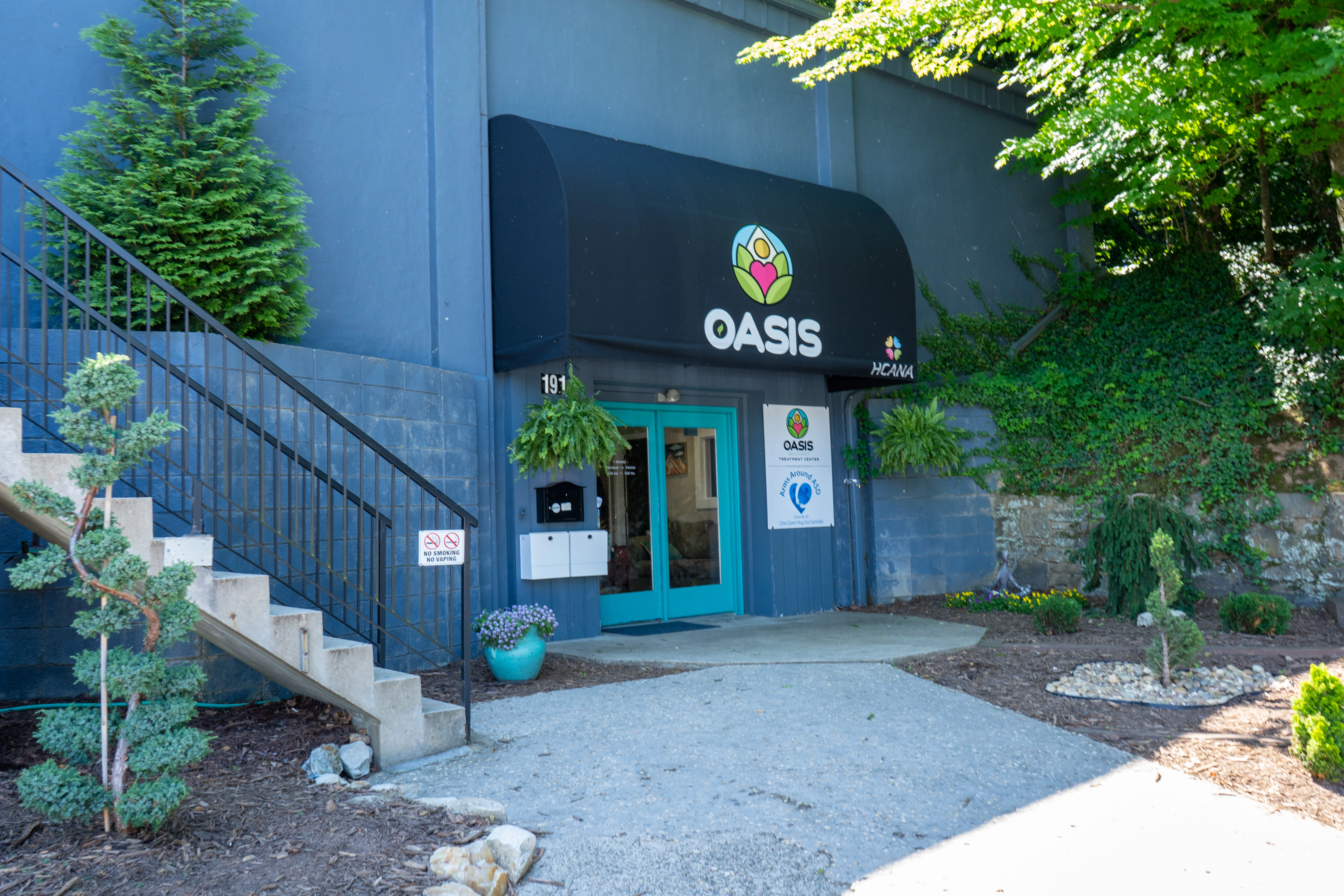7 Signs You’re Living With An Alcoholic
Living with an alcoholic can be difficult and impact almost every aspect of your life. Some individuals may not be aware their partner or spouse even has an alcohol addiction, and in most cases, it’s because they don’t know the signs of alcoholism or how to confidently confront their loved one.
This article highlights seven warning signs that you’re living with an alcoholic, tips on taking care of yourself during these stressful times, and how to find addiction treatment for alcohol abuse.
7 Warning Signs Your Living With An Alcoholic
Living with an alcoholic can be easy to spot if you’re familiar with the signs and symptoms of alcohol addiction. Some individuals are raised around or by high-functioning alcoholics and have established boundaries to never be or live with someone like that again. But falling in love with someone or even living with a close friend can cause you to overlook their alcohol problems. The obvious signs, like seeing them drinking alcohol alone or watching them buy or hide alcohol, can indicate the beginning of a substance use disorder. But as time passes and their drinking problems become the norm, the warning signs can get harder to accept.

#1 Their drinking habits affect everyone at home
Alcohol addiction can consume a person’s entire life and ricochet toward everyone else living at home. A 2016 study analyzing the problems and coping strategies faced by 30 partners of alcoholics revealed how it impacted their physical and emotional health. The stress caused by your partner’s alcohol addiction can put you at risk for various issues, including anxiety and depression. Moreover, you may find yourself developing substance abuse problems of your own. The pressure can also lead to neglecting important aspects of your life, such as work, personal responsibilities, and even family obligations like taking care of children.
You might find it hard to sleep and forget to care for yourself. You might be exposed to traumatic experiences, and their drinking habits can affect your financial stability, causing you to worry about paying bills and credit cards. As your home life becomes stressful, your emotions and anger can cause you to lash out toward other loved ones, friends, coworkers, and employers.
#2 They’re not showing any signs of stopping
Waiting for your partner or roommate to realize their drinking habits have negative consequences can be a painful waiting game, especially when they’re not showing any signs they want to stop. Some partners may have tried to quit or have been in and out of alcohol rehab, but they keep relapsing, and their periods of sobriety are shortening more and more. Relapse is sometimes just another part of trying to quit, but it can also discourage your partner from trying to quit again.
Dedicated individuals view relapse as an opportunity to recommit to sobriety, learn from their mistakes, and try again. However, if they lack enthusiasm for alcohol rehab, neglect their aftercare plan, and show no interest in personal growth, it may indicate a long-term or permanent resistance to change.
#3 Their behavior is becoming volatile
One of the biggest warning signs of alcoholism is volatile and dangerous behavior. Substance abuse can severely cloud an individual’s rationality and judgment. This can cause them to become violent, engage in risky behaviors like drunk driving or fist fights, and spend large amounts of money.
If you already have anxiety, this volatile environment can worsen your symptoms, cause you to become hypervigilant, and traumatically affect your mental well-being. If their behavior jeopardizes the safety and well-being of you or your family, it’s crucial to consider whether remaining in the relationship is worthwhile.
Read more: Navigating the Complexities of Dating an Alcoholic

#4 They’re emotionally or physically abusive
Alcohol abuse often contributes to intimate partner violence, including physical and emotional abuse. Alcohol addiction itself does not cause individuals to become abusive. However, alcohol can exacerbate and intensify pre-existing abusive behaviors and is a common effect of alcohol abuse.
Domestic violence is unacceptable, and it often persists despite promises or attempts at seeking mental health or addiction treatment. If you are considering leaving an alcoholic partner who is also abusing you, it is advisable to seek guidance from a mental health or medical professional on the safest approach.
#5 You’re still living with them out of fear
Leaving an alcoholic spouse can be difficult due to various fears that may hold you back. Concerns about child custody, financial support from your alcoholic partner, finding a place to live, their reaction to your decision to leave, or their ability to manage without you are all valid and understandable.
Don’t be afraid to get help from a mental health professional or someone you trust. They can help you navigate these concerns, address your fears, and determine if you should leave or stay in the relationship. If you choose to stay, it’s important to establish new boundaries with your partner that require them to make serious personality changes.
Read more: Why An Addict Can’t Love You: How Addiction Affects The Brain
#6 You’re neglecting yourself or your family
Living with an alcoholic can consume all of your time and energy, causing you to slowly neglect yourself and the rest of your family’s needs. This can significantly affect your well-being, putting you at a higher risk of developing mental health disorders, substance abuse problems, PTSD, anger issues, and other behavioral health issues.
#7 Serious interventions aren’t working
Many individuals who choose to become sober recognize the need for assistance in their recovery journey. If you have consistently set boundaries, encouraged your loved one to seek help, and explained how their behaviors impact you, yet they remain resistant, their alcohol dependence has gone to the point where they need professional help. If you have already held interventions or made multiple attempts to convince your partner to enter addiction treatment, but they refuse to engage, it is a significant red flag.

Make Sure You Take Care Of Yourself
If you’re trying to influence or convince your partner to get alcohol treatment, it can be easy to forget to take care of yourself. Make sure you:
- Prioritize self-care and family well-being: Recognize that your loved one’s drinking issues are not your fault and focus on caring for yourself and any vulnerable family members, ensuring their safety.
- Set clear boundaries: Remember that you are not responsible for your loved one’s alcohol addiction. Establish and enforce boundaries, such as leaving during conflicts, refusing to tolerate abusive behaviors or heavy drinking, and having a safe place to go when situations become dangerous.
- Avoid enabling behaviors: Expressing love should not involve supporting or encouraging their drinking habits. Understand enabling behaviors and actively prevent them, such as refraining from buying alcohol for your partner.
- Know when to leave a dangerous situation: Learn to recognize risky situations and prioritize your safety. Verbal, physical, or emotional abuse should not be tolerated, and it is important to leave the environment when an alcoholic becomes violent or aggressive.
- Find a healthy support group: Build a strong support network, including friends, peers, and mental health professionals like counselors or therapists. Taking time for yourself, expressing your feelings, and seeking support can be incredibly helpful.
How To Find Treatment For Alcohol Use Disorder
Helping a partner with an alcohol use disorder can be challenging, but ignoring it will only worsen it. This blog is not a complete guide on how to help your partner, but it can serve as a vital stepping stone.
Timing is crucial when discussing the topic of drinking. Avoid addressing the matter when your partner is intoxicated; wait for them to be sober, ensuring ample time, quiet, and privacy for the conversation. Approach concerns calmly and patiently without accusations. Listen attentively to their perspective while honestly expressing your concerns for their health and well-being rather than focusing solely on personal grievances.
Provide options for changing drinking habits or seeking help to stop drinking. In severe cases, this may involve presenting a list of treatment options. There are plenty of national and local addiction resources that you can send to your partner, child, or spouse as you discuss treatment. A few include:
- Adult Children of Alcoholics & Dysfunctional Families.
- Alcoholics Anonymous (AA).
- Families Anonymous.
- National Association for Children of Addiction.
- Partnership to End Addiction.
- Recovering Couples Anonymous.
- SMART Recovery.
- Women for Sobriety.

Contact Oasis Recovery Center
If you are living with an alcoholic and are interested in helping them find treatment, contact Oasis Recovery Center in Asheville, North Carolina. Our addiction treatment center is the perfect place to help your loved one or family member recover from alcohol addiction. All of our treatment programs incorporate evidence-based therapy with holistic healing methods to address addiction from all sides. Call today, and one of our admissions agents can help you get started.









